At the end of this week a new organ will be consecrated in the Church of the Assumption of the Virgin Mary (the so-called Jesuit church). It is an organ dedicated to Brno. The audience will be able to listen to it for the first time on 29 June. A few days later, it will be incorporated into another important event – a concert by Alena Veselá on the occasion of her 91st birthday. We met in Slavia café, on neutral ground between the Faculty of Music of the Janáček Academy of Music and Performing arts and the Besední dům concert hall. We discussed the organ, the concert hall in Brno and cultural grants.
Rumour has it that you have started practicing again. How are you doing?
The start is slow and painful. Organ players must have special shoes that fit to the foot and are worn out properly. I was in Sweden once and their organ player showed me his pair with maybe four holes in them. He said he couldn’t just say goodbye to them. It is the same with me, I found my very old pair of organ shoes, I played for a while and suddenly the sole came off. I had to have them repaired and now they serve me well. However, if you’re talking about me playing, the word “playing” needs quotation marks.
It reminds me of the famous Glenn Gould’s chair and his fixation with this piece of furniture.
Yes, same thing. Normally I would have said no, but the organ is such an addictive instrument, especially if it is a Mathis, which is truly a globally famous brand. I was on the selection committee myself and eventually it was the only candidate left. That is how strict the selection criteria were. Since it is a very expensive instrument, I think Brno deserves it. There is no properly sized organ here capable of the performance of all musical styles. Yes, we have an organ in Besední dům and in a couple of churches, but top class is top class.
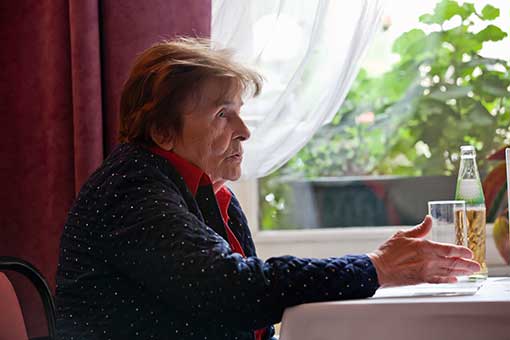 Ah, so a concert on the new organ in the Jesuit church forced you to start practicing again. What will you be playing?
Ah, so a concert on the new organ in the Jesuit church forced you to start practicing again. What will you be playing?
It is going to be a small birthday concert. It was Father Bejček’s idea. I will be playing mostly the old masters. I am not sure about modern authors, even though I did play Kopelent and Kabeláč back in the day. The programme will include Fantazie d moll from Jan Křtitel Kuchař – I am not sure about the order of the pieces just yet – and Zipoli’s Elevazione and Offertorio. I would like to use a zimbelstern – it is basically a cymbal star which, when activated, turns, producing tinkling sounds. Once I had a concert in Oliwa where they have a zimbelstern and they told me “Every concert must end with a zimbelstern”. My last piece was Bach’s Fugue and there were the bells at the very end. Here it will be followed by Dandrieu – Or nous dites Marie a Joseph est bien marié, i.e. two variations of the French carol. And I will be brave enough to add Bach’s Jesus Christus, unser Heiland, as it is the calmer hymn out of the eighteen hymns, and Fantazie g moll without the fugue. But it is okay because Bach composed it separately. And I don’t think I would be able to pull of the fugue with those pedals...
I think it would be too bold a move not to let you play.
I already played it. Father Bejček was there to approve the programme.
When was the last time a new organ was built in Brno?
Maybe some for teaching purposes. JAMU has a good three-manual organ. The problem is that it is situated in a small room. It is a class room, a former small gym. The organ needs reverberation, like it or not.
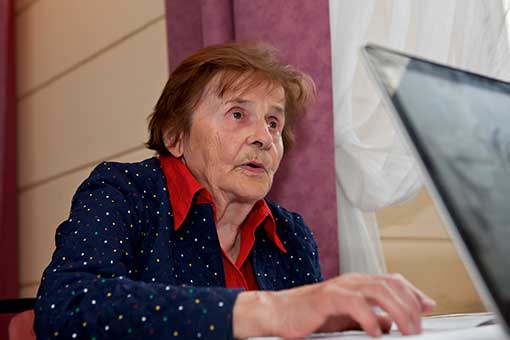 Can you describe the new instrument? What makes it so special?
Can you describe the new instrument? What makes it so special?
First of all, it is good because its builder is good. Not only is he famous around Europe, he has built some in Tokyo and elsewhere. He also built a small organ for the Sistine Chapel, it is a two-manual moveable instrument. If an organ builder is assigned a task like this, it means he must be excellent. When Barbara Willi told a colleague of ours that we have an organ from Mathis, he said he would come and give a concert for free. That is how good it is. The basic composition is Father Bejček’s idea but we all put in our two cents and the oboe was added at my request. César Franck wants to have it in all pieces. It will be heard there because Franck’s organ music is beautiful. The setup is so variable that it allows all styles to be played. It is reminiscent of a clockmaker’s work. There is also enough space on the loft to accommodate a chamber orchestra, allowing concerts by Händel and others to be planned there. The tradition of organ concerts is very long and Brno has a debt of sorts in this regard. Petrov had a line of excellent organists, such as František Musil or Eduard Tregler. I had an excellent teacher myself – František Michálek, I dedicated my book Z rejstříků paměti published by JAMU to him. He was excellent and versatile; he was the founding staff member of JAMU. However, because of his political background he was nothing more than a part-timer. He was habilitated only posthumously.
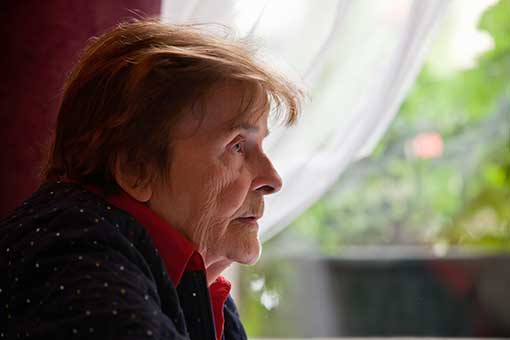 You are listed as a notable personality on the official website of the City of Brno. Your bio says, among other things, that your repertoire naturally includes in particular the works of Johann Sebastian Bach. Why does it say “naturally”? Why not Frescobaldi or Messiaen?
You are listed as a notable personality on the official website of the City of Brno. Your bio says, among other things, that your repertoire naturally includes in particular the works of Johann Sebastian Bach. Why does it say “naturally”? Why not Frescobaldi or Messiaen?
Of course I used to play the two often but Bach’s work is the foundation stone. I often played Petr Eben’s pieces all over the world. I have to say that Eben had the most success. It was clear long before the concert. I played a couple of his premieres, even the world premiere of Chorální fantazie in Minneapolis or the Czech premiere of Krajiny patmoské, which is a beautiful piece for the organ and a drummer. I also play Miloslav Kabeláč’s work often. Unfortunately he is neglected in Brno. I played his third symphony for organ, brass instruments and kettledrums back when he was a forbidden author. I was approached by Jan Seidel who was the director of the Prague Spring festival – it was before 1989. He suggested that I prepare Kabeláč’s symphony. I was totally shocked because he was a blacklisted author and this was the Prague Spring festival. So I eagerly prepared this piece and I even met his wife. We played it all over Bohemia, Moravia and Slovakia – Mrs. Kabeláčová toured the country with her daughter. I also played it at a festival in Bergen, Norway. The reception was so positive that I went back there a few years later and I even taught classes focused on Eben’s and Kabeláč’s work. I also recorded a series of 18 hymns by Bach and the third part of piano practices in cooperation with Zuzana Rúžičková, it was called Dogmatické chorály. And my first album was also Bach, directed by the late Miroslav Venhoda. You have to play Bach if you play the organ.
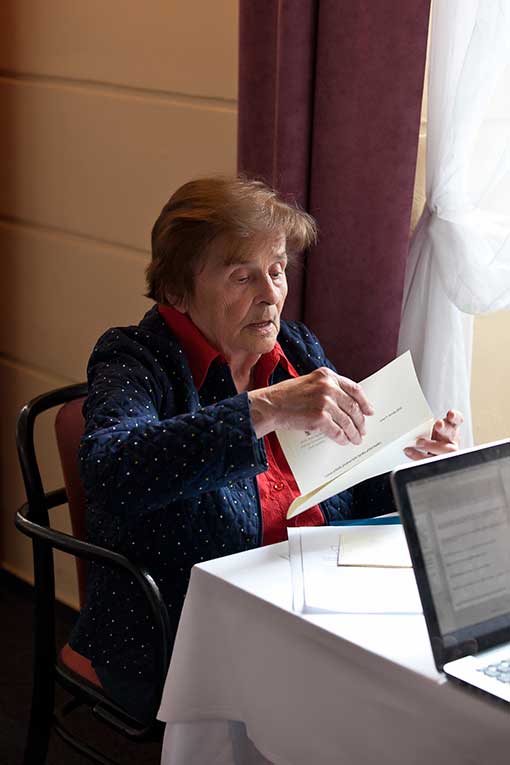 You have so far mentioned Miloslav Kabeláč twice in relation to the political pressures in the field of culture. You were also the first president of the university (JAMU) after the Velvet Revolution. You were hiring formerly blacklisted teachers and firing those whose involvement was undesirable...
You have so far mentioned Miloslav Kabeláč twice in relation to the political pressures in the field of culture. You were also the first president of the university (JAMU) after the Velvet Revolution. You were hiring formerly blacklisted teachers and firing those whose involvement was undesirable...
As a matter of fact, a lot of injustice had been done, but especially at the Faculty of Theatre. After all, drama and spoken word is much more vulnerable. You can hide some things behind music. I had secret meetings with those who were fired in the Mahen Theatre. I approached them and offered cooperation and they said yes, so we founded the Faculty of Theatre with new staff members.
Your bio on the city’s website also says that you are active in the Society for the Foundation of a New Concert Hall in Brno. Isn’t it ironic that it is written on the city’s own website?
Is there, really? I have to look it up. I’m not sure about the “active” part. So far nothing has happened. It is a major debt towards culture in Brno and our excellent philharmonic orchestra. We will have to consider bringing this issue up before the elections... and think twice about who to vote for.
Do you think there is any party which would accept it as its agenda, next to the support for the first league ice hockey team?
The important thing is to have both. I have nothing against sport, but some balance is necessary.
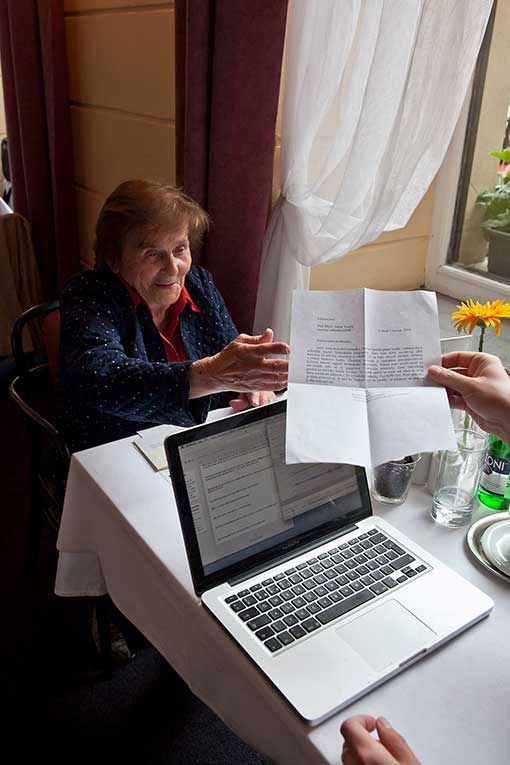 This year the Brno cultural public was excited about the system of grant donations, your Society of Friends of Music did not get any money. Why do you think so?
This year the Brno cultural public was excited about the system of grant donations, your Society of Friends of Music did not get any money. Why do you think so?
I am disgusted. Our society only applied for thirty thousand. That’s nothing. I am offended on behalf of our society. I am not mad because we didn’t get anything, I am mad about the evaluation. It says something about activities of seniors, former professionals, and something about marginal activities. What is that supposed to mean? I asked several personalities and visitors for references and what they have written is beautiful. Unlike the authors of the evaluation, the authors of the references at least go to concerts. I have a beautiful letter from Dr. Rychetský, Professor Sýkora or Professor Švanda from the Faculty of Theatre who never misses a concert. We have to do something about it. I have an evaluation from the Czech Music Fund signed by its director Drozd and by Ivan Klánský as the chair of Kruh přátel hudby. The whole system is hastily done. It is alarming that subsidies were denied to organisations and ensembles with long traditions in the area of classical music. In addition to our society they included the Brno Philharmonic Choir Beseda brněnská whose co-founders included Křížkovský and Janáček, the Club of Moravian Composers founded by Janáček, the Brno Organ Festival founded by yours truly in 1980 and the chamber orchestra Czech Virtuosi. On the other hand, commercial projects (Buchta Josef: Metro Music Fest, Metro Jazz Fest and Moravia Music Fest etc.) received generous donations. They selected one or two individuals for each field, they were unable to manage it and then they copied off one another instead of presenting their own opinions. There should be more experts in music because you cannot compare rock with classical music. And who is going to represent chamber music if the existing ensembles are gone?
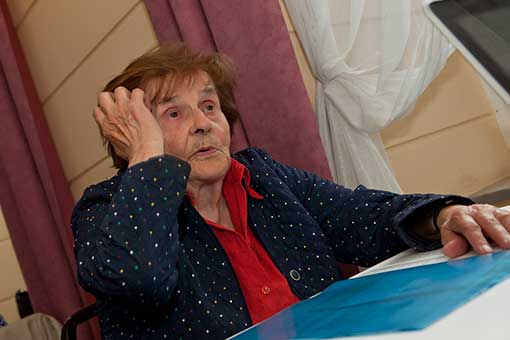 Organists normally start with the piano, just like you did. How can you tell that a pianist would make a good organist?
Organists normally start with the piano, just like you did. How can you tell that a pianist would make a good organist?
Zdenka Illnerová, a pupil of Janáček’s, was my mentor until my high school graduation. Universities were closed so I applied to the conservatory, majoring in the piano. As a keen athlete I once went skiing and I met the niece of professor Michálek. She said she would arrange a meeting with him, so that he can hear me play and at least tell me if I had any chance. So I went to the tryouts, played some Bach and Michálek said I was better suitable for the organ. He must have recognized it according to the Bach piece. Plus I have small hands. A good pianist needs bigger hands.
So the organ requires smaller hands than the piano does?
It is not perfect but you have to make the necessary arrangements. Max Reger’s pieces have tricky parts but you can resolve them through registers.
You have been around the world. Have you ever felt any temptation to settle somewhere else?
Around the world is an overstatement. I have seen much of Europe, sure. I had a concert behind the Arctic Circle in Scandinavia and I was the first Czech organist to ever have performed in the States. I have seen a lot but I never wanted to live anywhere else. After the Russian invasion in 1968 my mom told us to leave but I didn’t want to leave her here on her own. I had occasional travelling bans. In 1973 the regime did not allow me to go to the Soviet Union, or anywhere else for that matter. I was replaced by Milan Šlechta. He went by train because of his fear of flying. On the way home, the plane that I otherwise would have taken crashed.
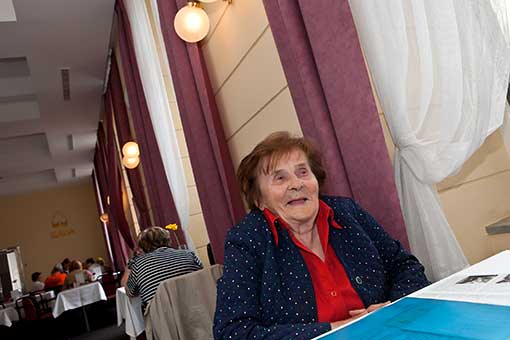 The concert in the Jesuit church in July is your birthday concert. Any birthday wishes?
The concert in the Jesuit church in July is your birthday concert. Any birthday wishes?
The concert hall would have made a great gift. I keep saying I won’t be here long enough to see it. I am sad that nobody seems to be taking it as a priority. As long as nobody is, we will not see it happen. The mayor of Zlín Irena Ondrová managed to secure 80% of the necessary amount from the EU funds, and they have a concert hall now. It cost her her career because their opponents never forgave her but the city has its own concert hall. Brno does not. We will have to reconsider our future efforts.





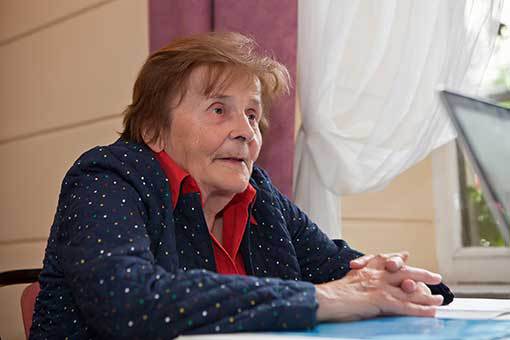



























No comment added yet..